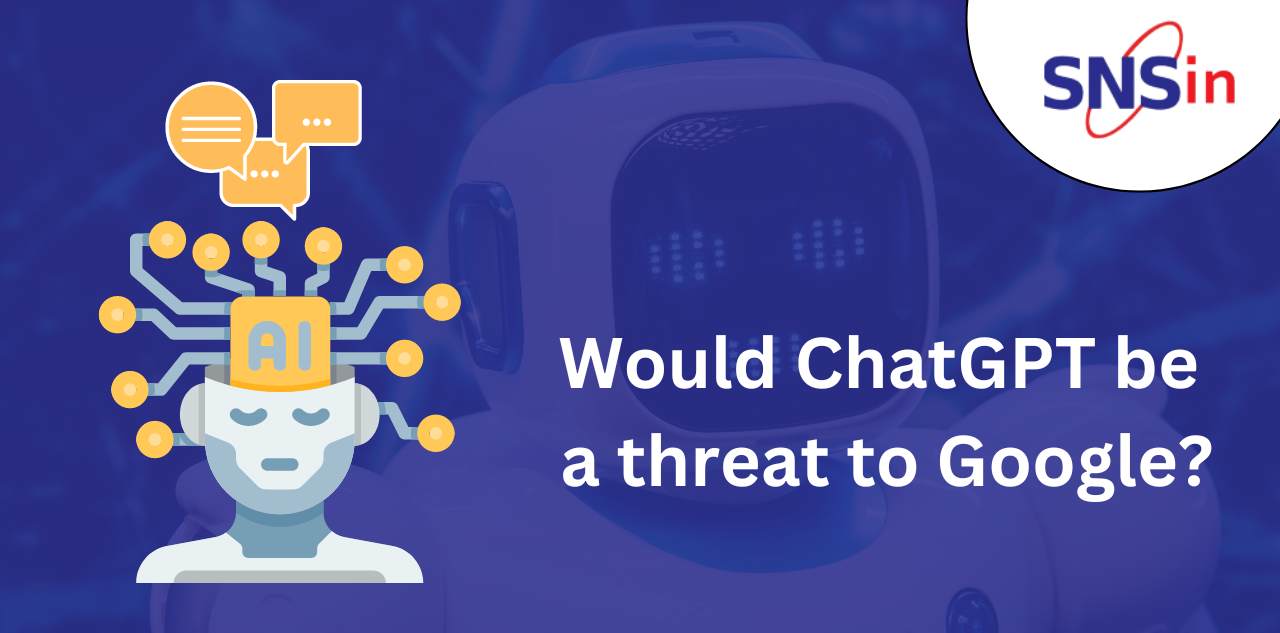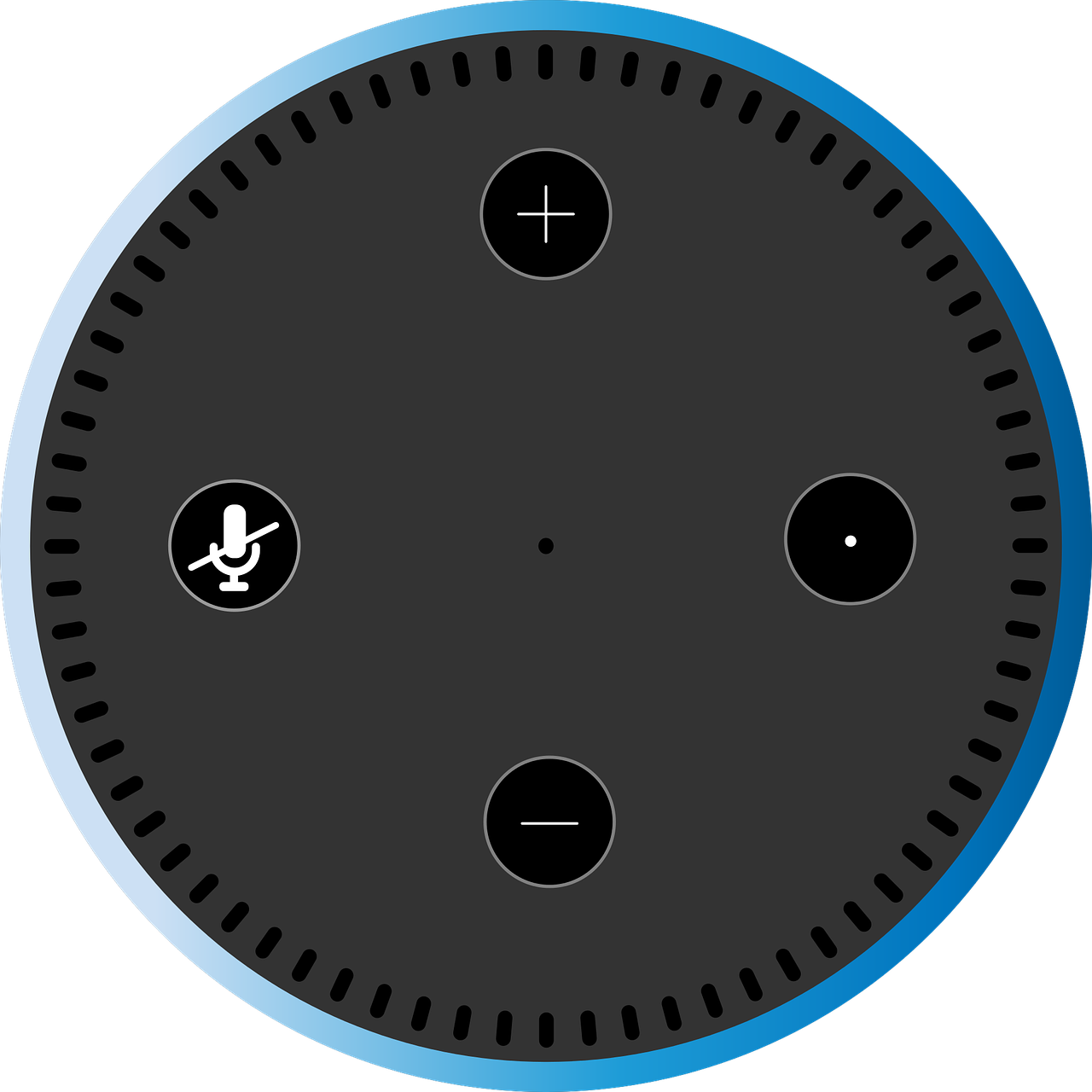A storm has taken over the technological world since the launch of OpenAI’s ChatGPT. Tech experts suggest that the bot uses machine learning algorithms to generate human-like responses to generate texts and solve complicated mathematical problems based on the input it receives. This technology can be disruptive in many ways in customer service and e-commerce.
This technology will likely have a significant impact on the way search engines are used to find information online. With its ability to generate natural language text, ChatGPT can help make search engines more effective and easier to use. Owing to this versatility, industry experts suggest that it could pose a threat to Google, one of the industry leaders in the tech world with the most dominating influence across user groups.
Why ChatGPT is not big enough to threaten Google
However, opposing views also exist. Another group of users suggests that ChatGPT will not threaten Google since it is not an isolated product or service but a tool that will augment existing products and services in organizations. It is a component, not a competitor.
Besides, some argue that Google is more than a search engine. It includes email applications, a calendar, a map, and an advertising platform, among other capabilities. ChatGPT cannot compete with the depth and size of what Google offers.
The only problem with ChatGPT is the possibility of errors. The bot is intelligent because it predicts solutions through its NLP capabilities. Based on prompts and conversation history, it tries to predict what should come next. More often than not, the answers may look plausible even if it doesn’t get right. Also, there is no room for verifying the validity of the solutions provided by ChatGPT. Whereas in search engines like Google, one can view links and sources to confirm the authenticity of the search results.
Another challenge that LLMs and ChatGPT face is their knowledge base. Search engines have software to index new and modified pages. Updating the search engine database is cost-effective as well. But for LLMs, adding new knowledge requires retraining the mode since it functions on a pre-trained basis. This will be a lot more expensive than modifying records in a search engine database. Also, this should be done several times daily if it needs to stay updated with the latest changes.
Based on version 3.5 of ChatGPT, close to 175 billion parameters are embedded in it. Since no single piece of hardware can fit the model, it needs to be broken up and spread across many processors, making the exercise costly and cumbersome.
As for speed, LLMs have an inference speed issue. With ChatGPT, this is a challenge because it takes several seconds to compose the answers. Google has created an optimized database infrastructure that can prompt millions of answers in less than a second.
Search engines like Google don’t need to browse their full dataset to respond to each query. They have sorting, indexing, and search capabilities for algorithms that can pinpoint the proper records each time. Thus, even though the body of online information continues to grow by the second, search engine speed does not drop. LLMs have to run information through the entire neural network to come up with a solution. The amount of computation and segmentation is still much more than querying indexes. Neural networks are non-linear, making the inference operation limited.
Challenges for ChatGPT in the business model
Google has built an empire in advertising based on its search engine. Even though Google search may not be a perfect business model because of the low traction of Google Ads, its share of the online search market is so large that even with low click-through rates, it earns billions of dollars yearly.
Google’s search results and ads can also be personalized based on the data it collects from users. This makes it even more efficient and profitable.
Conclusion
With two sides of the market — content seekers and advertisers, Google controls the market for now. It has created a self-reinforcing cycle or loop in which it collects more data, improves search results, and shows more relevant ads.
With two sides of the market — content seekers and advertisers, Google controls the market for now. It has created a self-reinforcing cycle or loop in which it collects more data, improves search results, and shows more relevant ads. ChatGPT continues to remain an expensive and premature business model.
ChatGPT can have many uses and applications, but it might be a stretch to claim that it is big enough to replace Google. Large language models on which ChatGPT is based have many problems that must be fixed before they can challenge existing search engines.
![]()




